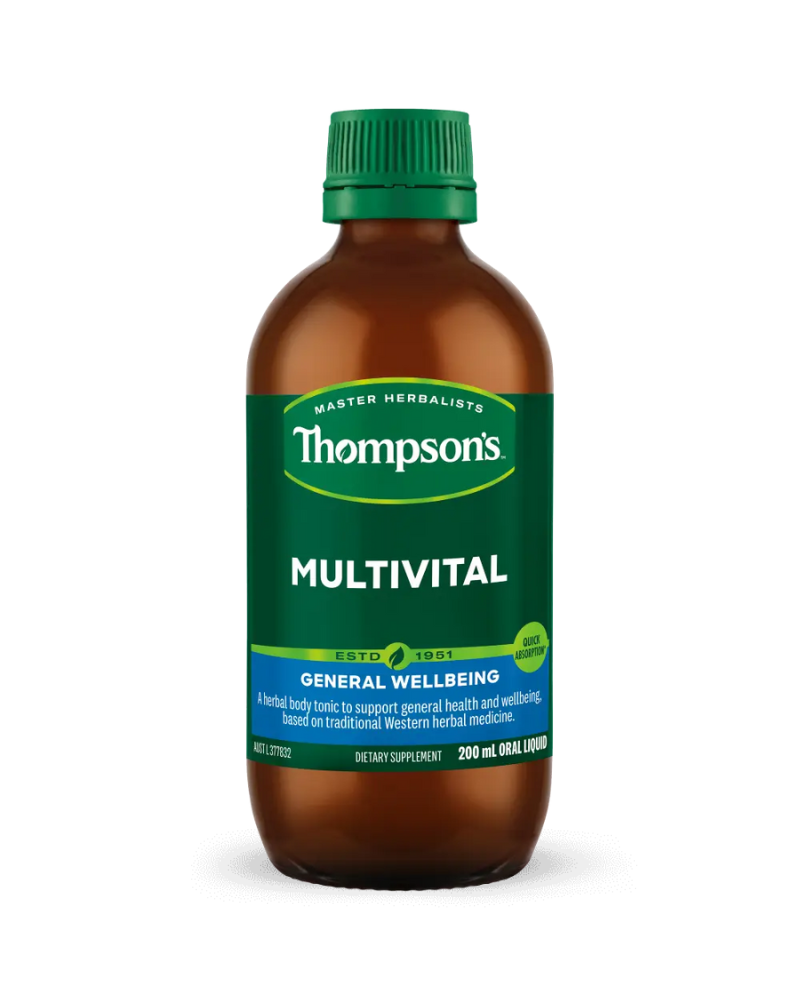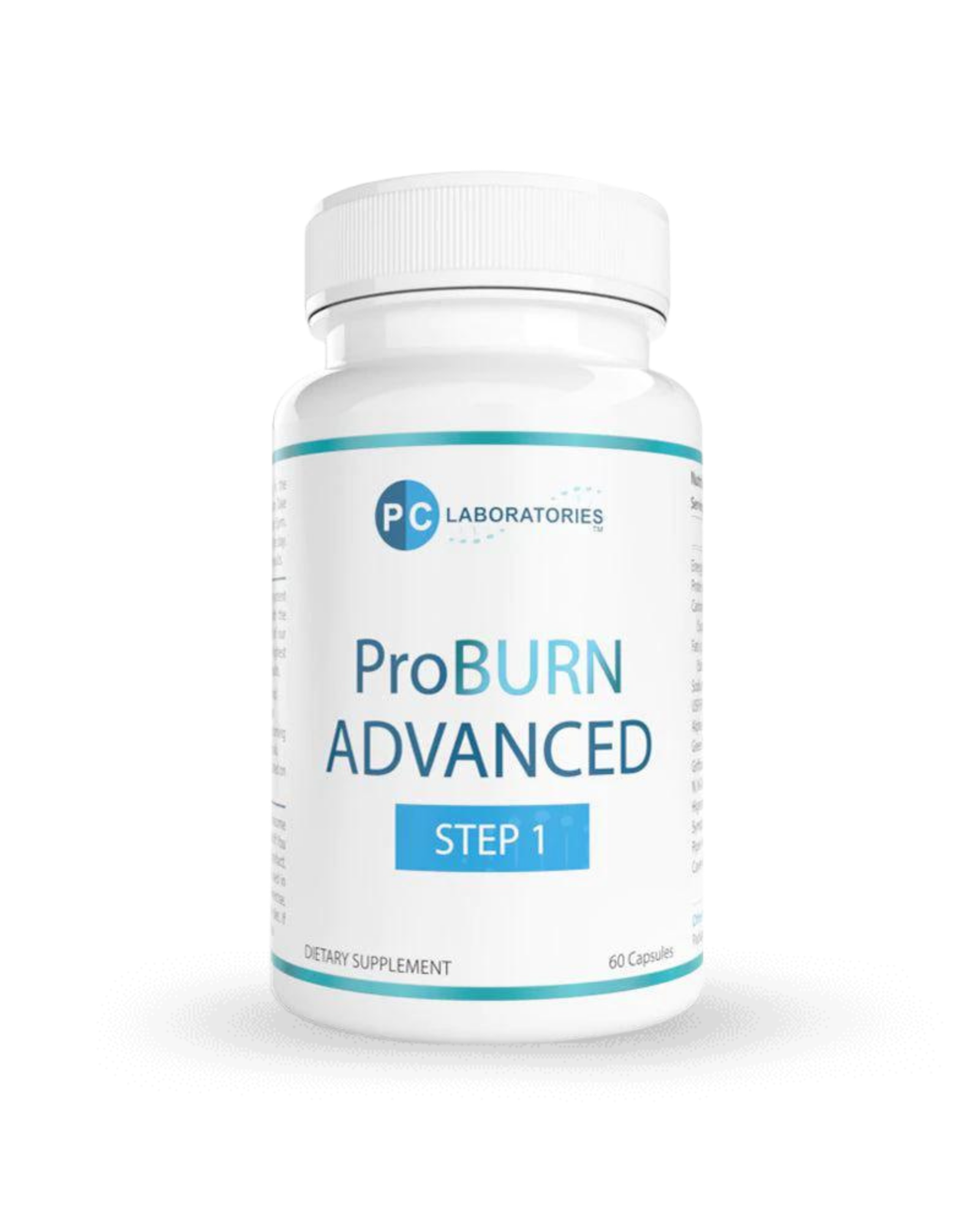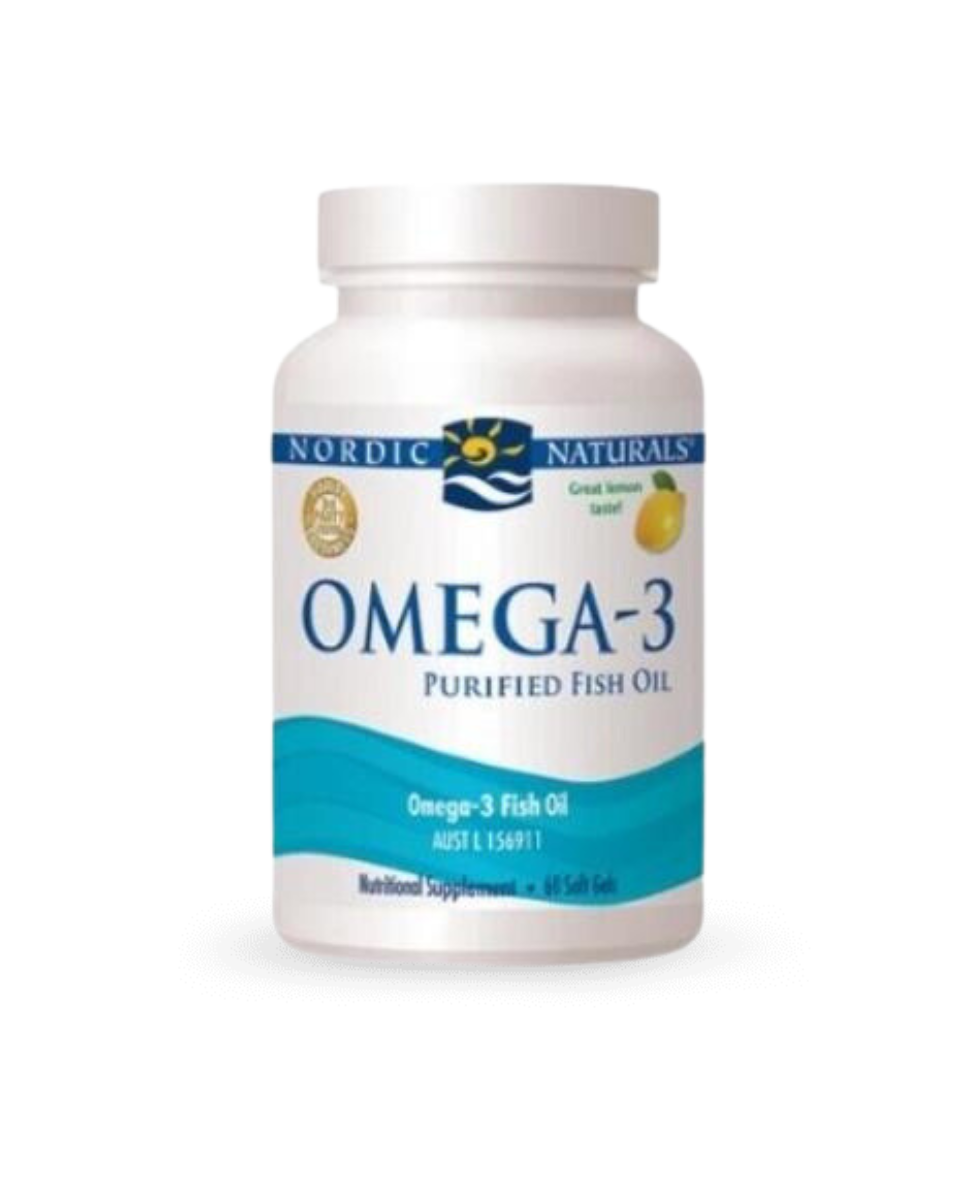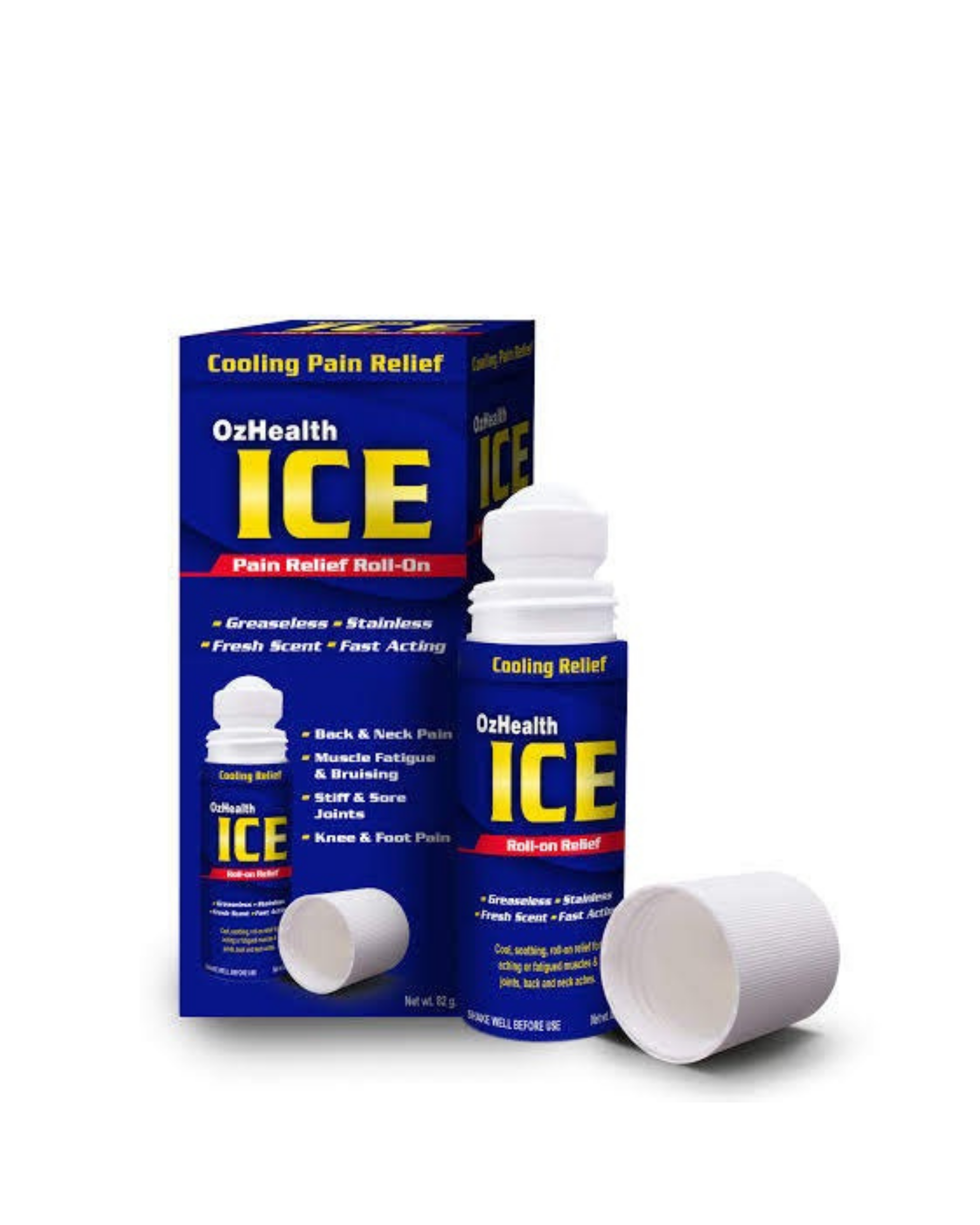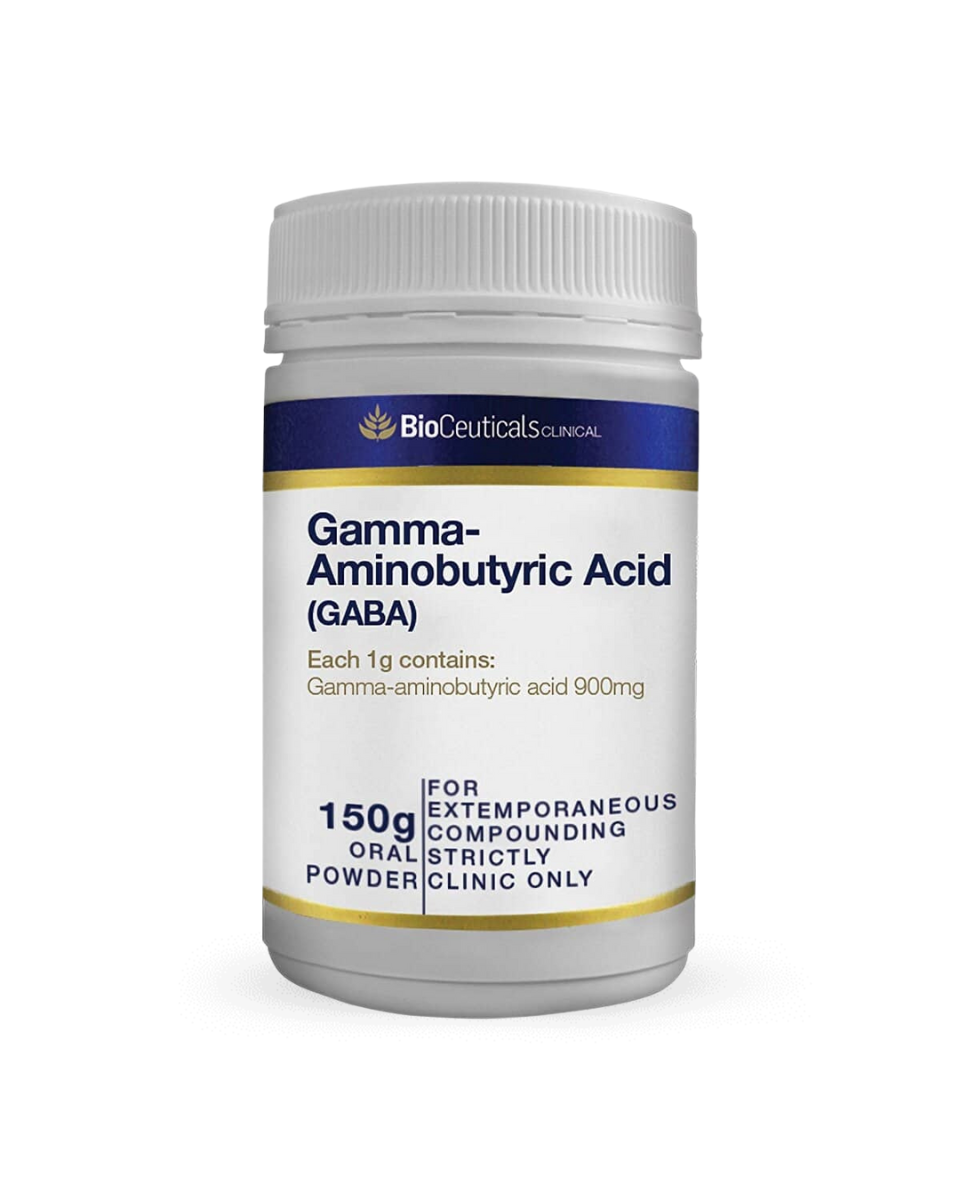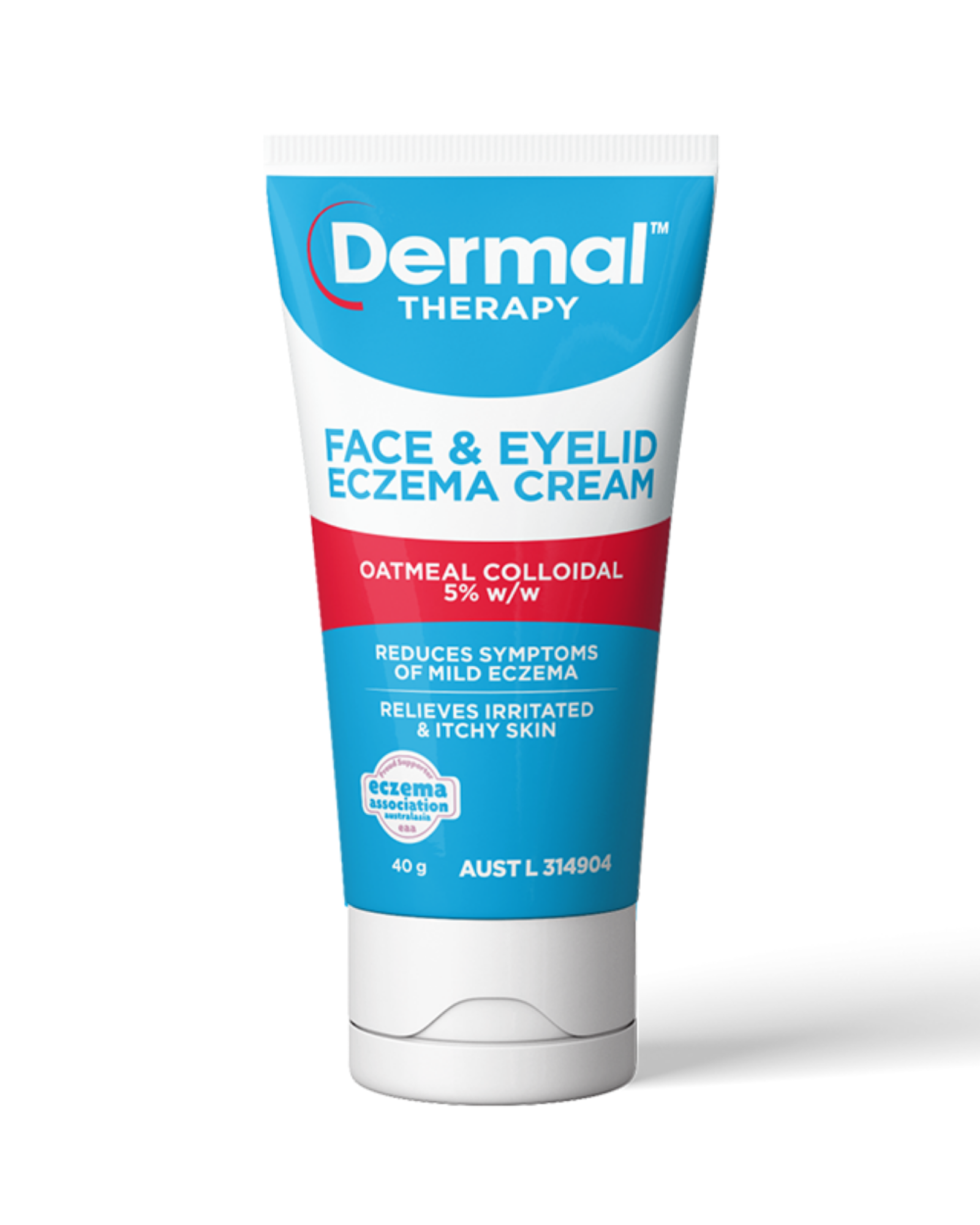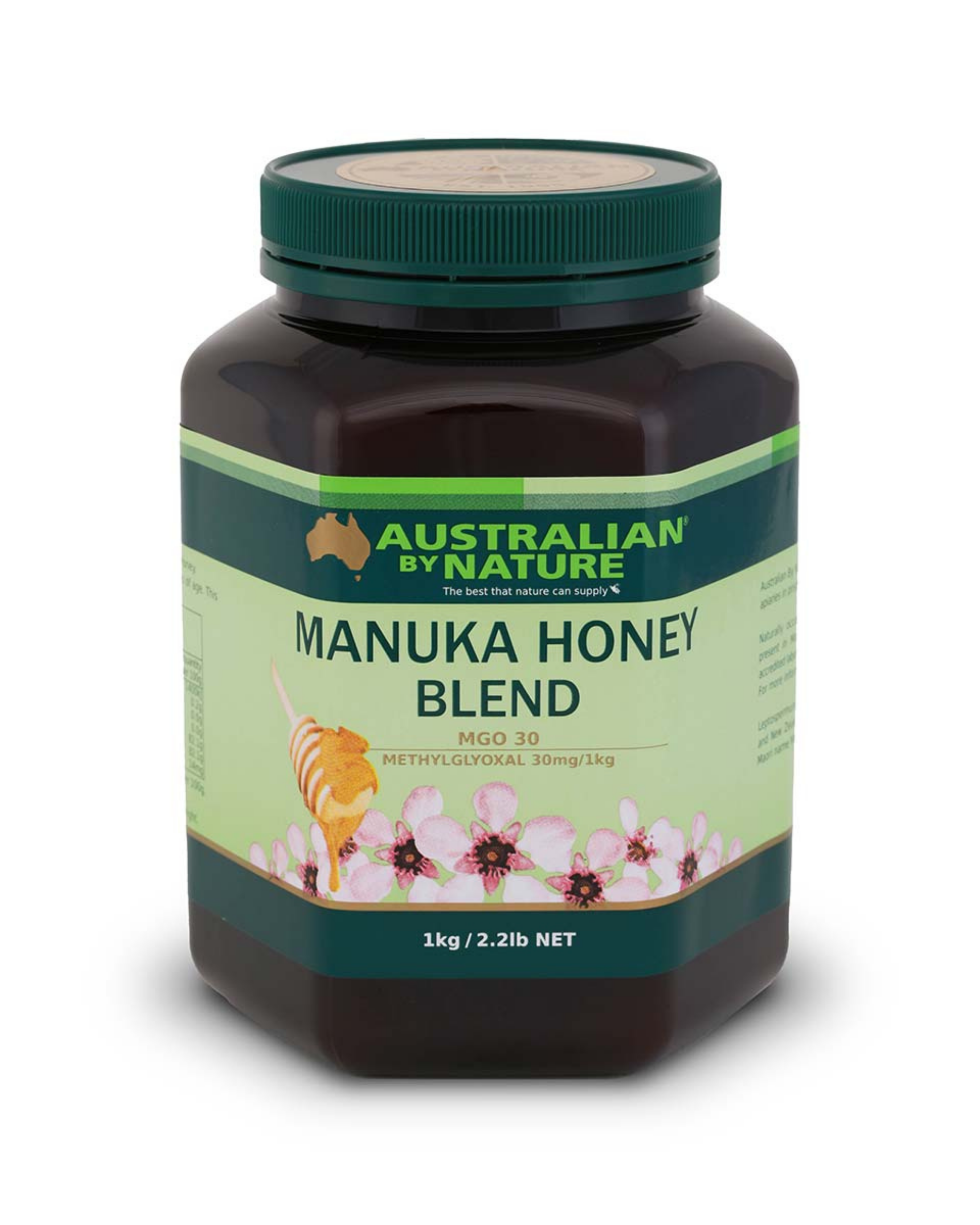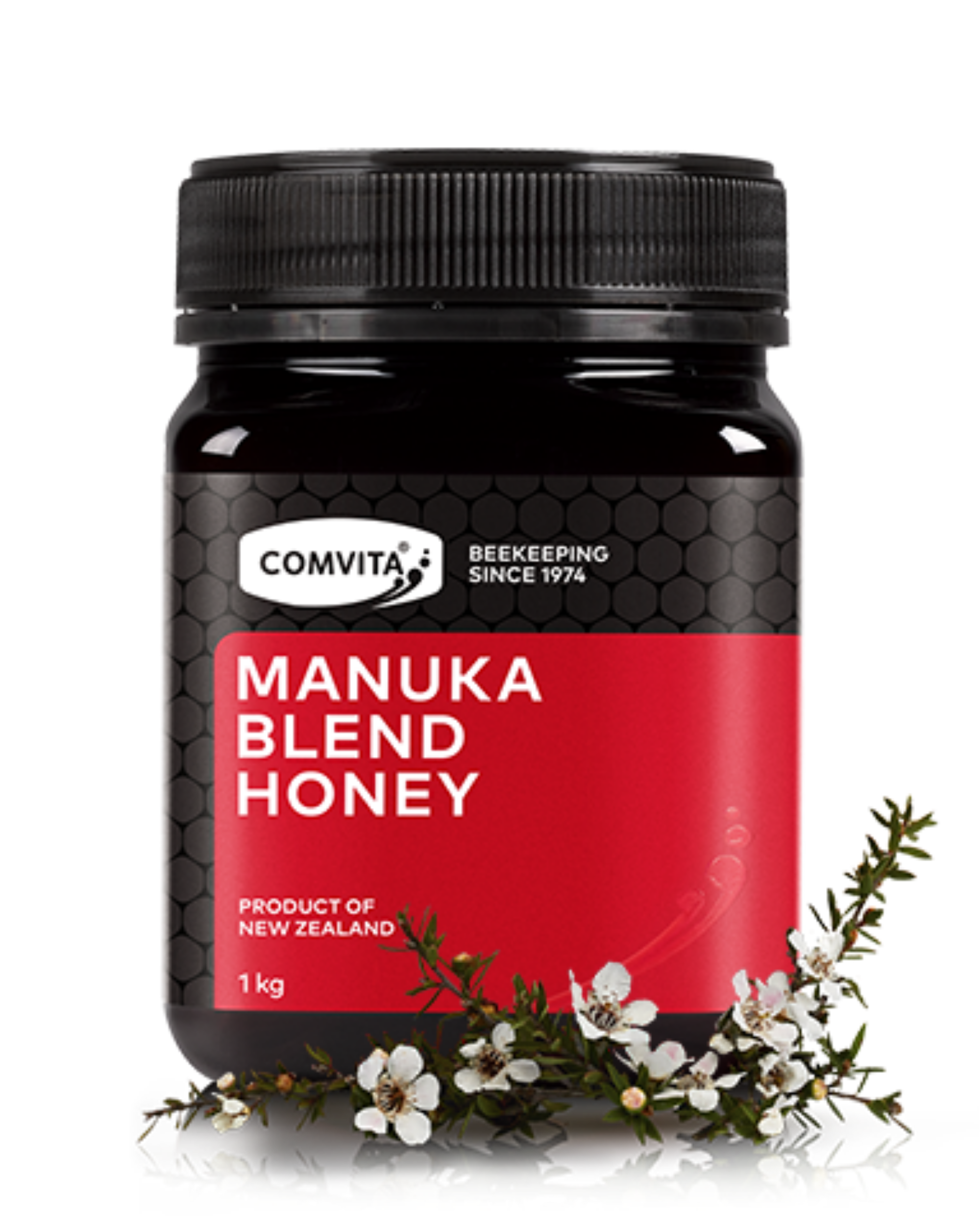Managing Kidney Diseases with Diet and Supplements

Living with kidney disease presents unique dietary challenges. Each stage and type of kidney disorder calls for a specialized approach to nutrition and supplementation. In this article, we delve into how modifying your diet and incorporating certain supplements can play a key role in managing kidney diseases, potentially slowing their progression and alleviating symptoms.
Tailoring Your Diet for Kidney Health
Individuals with kidney diseases often need to adjust their diet to lessen the burden on their kidneys. For instance, high sodium intake can raise blood pressure, exacerbating kidney problems. Reducing salt in your meals is therefore a crucial step. Similarly, monitoring protein consumption is vital. While protein is an essential nutrient, in kidney diseases, excessive amounts can strain the kidneys. The right balance depends on your specific condition and should be discussed with a healthcare provider.
Potassium and phosphorus are other nutrients that require careful management in kidney diseases. Both are essential minerals, but their levels need to be controlled, as the kidneys may not filter them effectively in diseased states. Foods high in potassium, such as bananas and potatoes, may need to be limited. Phosphorus, found in dairy products and whole grains, may also need monitoring, as elevated levels can weaken bones over time.
The Role of Supplements
Not all supplements are beneficial for kidney health, and some can be harmful. However, certain supplements can support kidney function when used judiciously. For instance, omega-3 fatty acids, known for their anti-inflammatory properties, can be beneficial—especially in reducing the risk of kidney diseases associated with inflammation. Probiotics may also aid kidney health by supporting gut health, which is closely linked to renal function.
It’s crucial to consult with a healthcare provider before starting any supplements, particularly if you have kidney disease or are on medication, as there can be harmful interactions or side effects.
Managing Chronic Kidney Disease (CKD)
Dietary management is a cornerstone of chronic kidney disease (CKD) treatment. As CKD progresses, dietary restrictions typically become more stringent. Fluid intake may need to be controlled to prevent fluid overload, a common issue in advanced CKD. Nutritional needs also change when on dialysis; for example, higher protein intake may be necessary, but with continued monitoring of potassium and phosphorus.
Preventing Kidney Stones Through Diet
Diet can significantly impact the risk of developing kidney stones. Staying well-hydrated is the most crucial step in preventing stone formation. Additionally, limiting foods high in oxalates (like spinach and beets) and ensuring a balanced calcium intake can help prevent certain types of stones.
Special Considerations for Dialysis and Transplant Patients
Dialysis patients face unique dietary challenges. They often require more protein but need to be vigilant about potassium, phosphorus, and fluid intake. Post-transplant, the diet can change again, focusing on supporting the transplanted kidney and overall health. This often requires reducing immunosuppressive drug-related side effects.
Conclusion
Managing kidney diseases with diet and supplements requires a nuanced and individualized approach. Understanding your specific dietary needs and the role of supplements is a significant step toward supporting your kidney health and improving your quality of life. Regular consultations with healthcare providers and dietitians are essential to creating and maintaining the right dietary plan for your kidney health.
Disclaimer: This article, "Managing Kidney Diseases with Diet and Supplements," is for informational purposes only and is not a substitute for professional medical advice, diagnosis, or treatment. Consult your healthcare provider for personalized advice, especially if you have kidney disease or other health conditions. Do not rely solely on this information for managing your health.
References: For more detailed information and a list of references, please refer to the main blog: Vitality Through Kidney Health.






